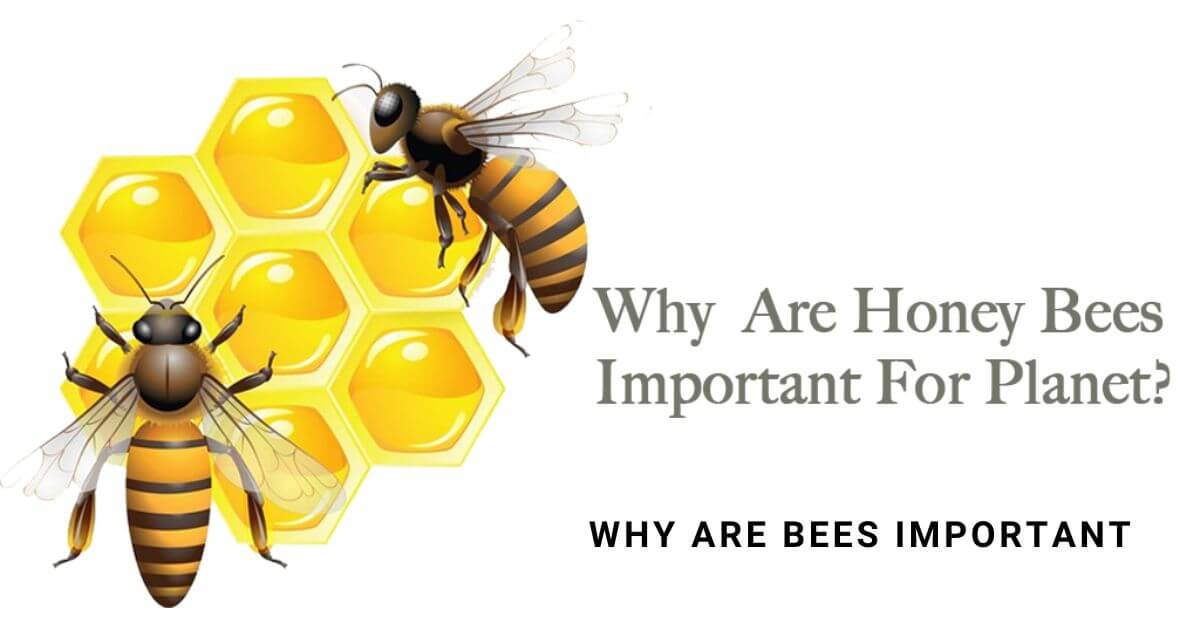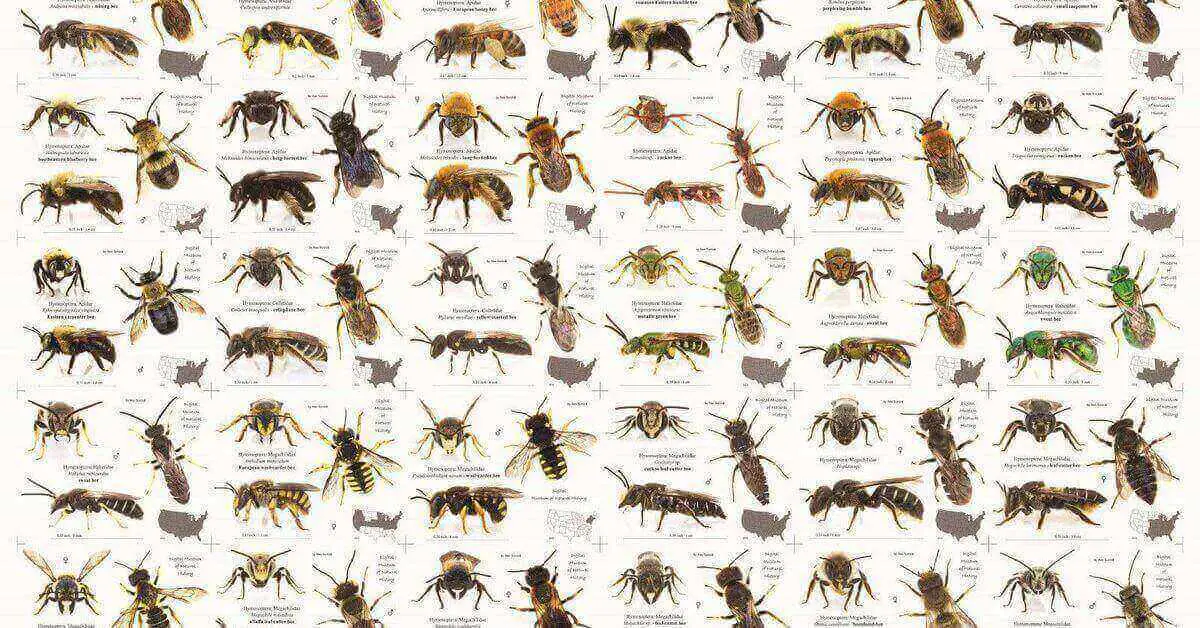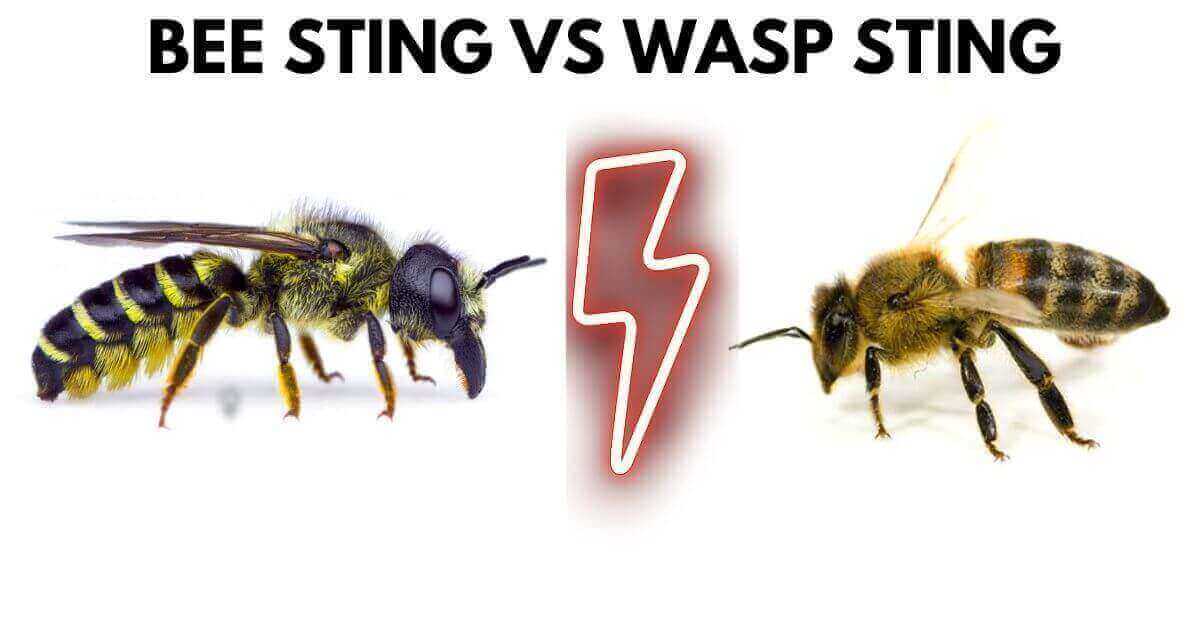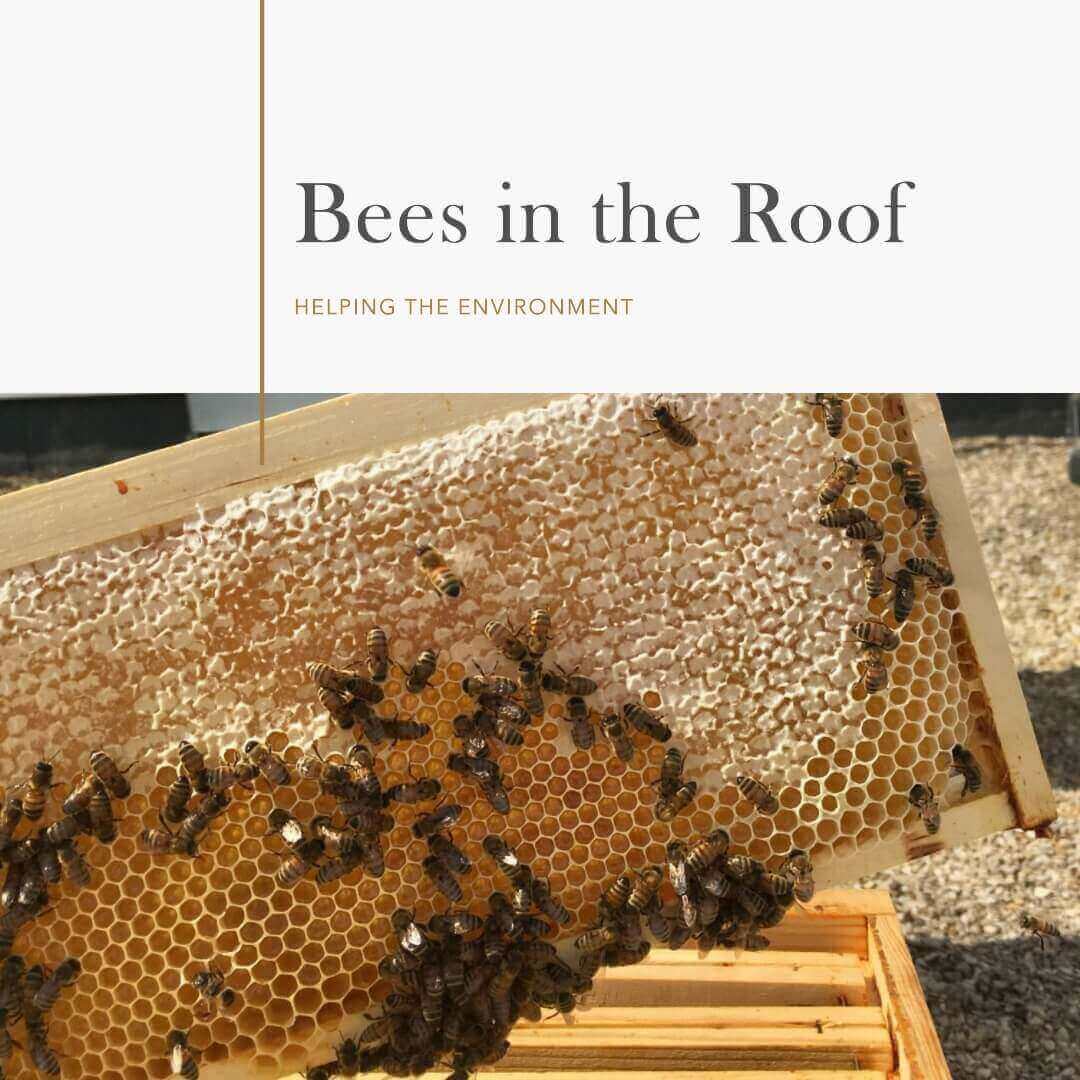Bees play a vital role in our ecosystem, and their importance extends far beyond producing honey. Their role in agriculture, pollination, human sustenance, the economy, and biodiversity cannot be overstated. In this comprehensive article, we delve into the significant impact of bee’s in various aspects of life, showcasing their irreplaceable value to our world.
Bees in Agriculture
The agricultural industry heavily relies on bees for pollination, which is essential for the reproduction of many crops. Numerous fruits, vegetables, and nuts depend on pollination to develop and yield bountiful harvests. Crops such as apples, strawberries, almonds, and avocados are heavily dependent on bee pollination. Without bee’s, these crops would suffer significantly, leading to reduced yields and economic losses for farmers.
Importance of Bees in Pollination
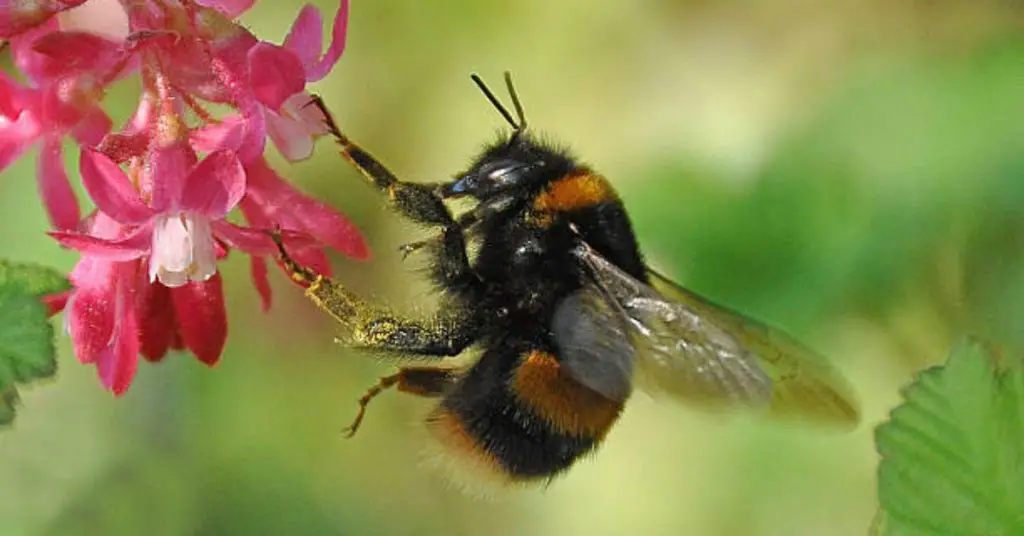
Pollination is a natural process that allows plants to reproduce. Bees are incredibly efficient pollinators due to their unique anatomy and behavior. As bee’s forage for nectar, pollen grains stick to their bodies. When they visit another flower of the same plant species, the pollen is transferred, fertilizing the ovary, and facilitating fruit and seed development. This process ensures genetic diversity within plant populations, contributing to healthier and more resilient ecosystems.
Why are bees important ks2
Bees are important for several reasons. First, they are incredible pollinators. They transfer pollen from one flower to another, helping plants to grow fruits and seeds. This process is crucial for many fruits, vegetables, and nuts that make up a significant part of our diets.
Second, bees play a key role in biodiversity. By pollinating various plants, they support the growth of different ecosystems. This benefits not only plants but also other animals that rely on these plants for food and shelter.
Third, bees contribute to the economy. They enable the production of crops that are used in various industries, such as agriculture and textiles. Without bees, these industries would suffer, leading to potential job losses and economic challenges.
Bees and Their Vital Role to Humans
Beyond their significance in agriculture, bee’s directly contribute to human well-being. Honey, a delicious and nutritious natural sweetener, is just one of the many products bees provide. Beeswax, propolis, and royal jelly are other valuable substances sourced from bee’s that have medicinal, cosmetic, and even industrial applications. Furthermore, the act of beekeeping provides livelihoods and a source of income for many individuals and communities.
Bees and the Global Economy
The economic impact of bee’s extends far beyond the agricultural sector. The pollination services they offer contribute to the production of various goods in different industries. A study conducted by the United Nations estimates that pollinators, including bee’s, contribute over $200 billion to the global economy annually. This value underscores the essential role bee’s play in supporting economic activities worldwide.
Related Post:
- How much honey does a bee make? The Sweet Truth
- Types of Honey Bees in Australia.
- Ants In Beehives. How to Protect Bees From Ant
Bees and Biodiversity
The survival of diverse plant species is intrinsically tied to bee pollination. As bees forage for food, they inadvertently transfer pollen between plants, promoting cross-pollination. This process ensures that a wide array of plant species can reproduce and thrive, ultimately contributing to a healthy and balanced ecosystem. Biodiversity is crucial for the stability of ecosystems, as it enhances resilience against environmental changes and supports various life forms.
Why are bees important for kids
Caring for bees also teaches kids valuable lessons about responsibility and empathy. By understanding the importance of these little insects, they can develop a sense of environmental stewardship.
However, bee’s face some challenges, like habitat loss and pesticides. By learning about their significance, kids can become advocates for protecting bee’s and the environment.
So, let’s celebrate the incredible bee’s and their vital role in our lives. Together, we can create a bee-friendly world, ensuring a bright and sustainable future for all!
Conclusion
Bees are an integral part of our ecosystem and have a profound impact on agriculture, pollination, human sustenance, the economy, and biodiversity. Their critical role in sustaining life on our planet cannot be underestimated. It is crucial that we recognize their importance and take collective action to protect and preserve these invaluable pollinators for future generations.

